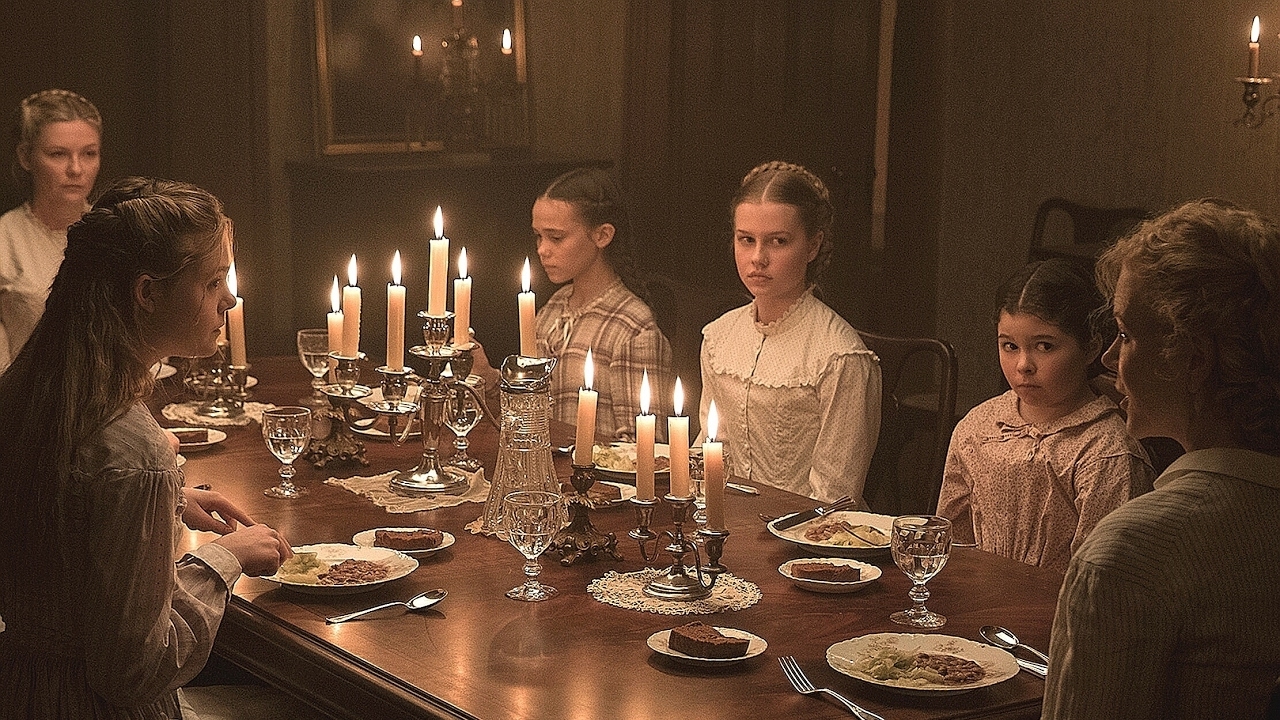This article was originally published by i-D UK.
With any film adaptation of a novel, there are things you have to leave out for the sake of time/money/film goers’ patience — no one needs to watch Peeves the Poltergeist prank Harry Potter for the 89th time, it was testing enough in the books.
Other exemptions are much more problematic. In this case, Sofia Coppola’s decision to cut the black female slave character from her recent (all white) adaption of the 1966 novel The Beguiled, a book set during the American Civil War. The original novel (and initial 1971 film adaption) is based on a group of white women living in the Confederate South who take in an injured soldier, and also includes the narrative of a black slave called Mattie who helps to nurse the soldier back to health. Sofia’s exclusion of Mattie had audiences quick to argue that it’s essentially erasure; you can’t talk about the role of women during the American Civil War without talking about the role of black women.
At the time, Sofia defended her decision by saying that she was focusing on gender politics rather than rather than racial ones, because “at the heart of the story, it’s really about the power dynamics between men and women that are universal.” Which unsurprisingly didn’t go down too well, given that racial power dynamics are also an undeniably universal — and ongoing — struggle.
In a new essay for Indiewire, Coppola elaborates on her decision. She argues that her version of the story is “historically accurate” as it’s set at a point in the Civil War when “many slaves had departed, and a great number of white women of the South were left in isolation, holding on to a world whose time had rightly come to an end — a world built on slave labor.” Consequently, she wanted to “focus on the isolation of these women, cut off from the world and in denial of a changing world,” and the “high cost of denial and repression.”
On the exclusion of Mattie, she says that she “did not want to perpetuate an objectionable stereotype,” and that, “to treat slavery as a side-plot would be insulting. There are many examples of how slaves have been appropriated and ‘given a voice’ by white artists. Rather than an act of denial, my decision of not including Mattie in the film comes from respect.”
She has some fair points, but then so do the critics. One thing that we can probably all agree on is a desperate need for more diversity both in front and behind the camera.
Read: Oprah, Mindy Kaling and Reese Witherspoon star in Ava Duvernay’s new sci-fi.
Credits
Text Georgie Wright
